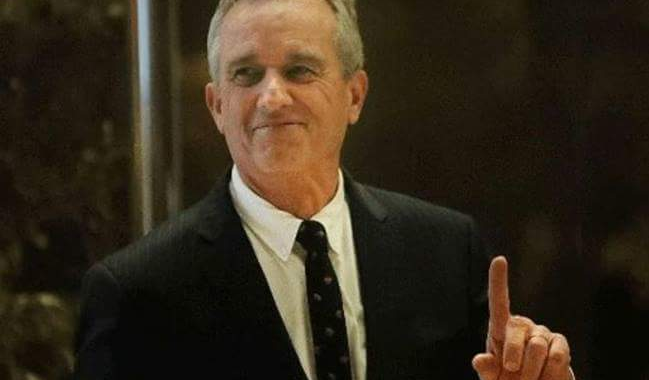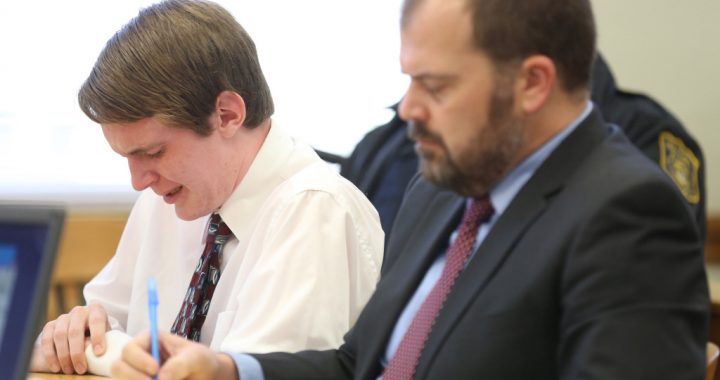Notice from the article below that this fellow had been abruptly discontinued from his antidepressant when incarcerated in November. Then while still in the critical withdrawal stage was re-introduced to the use of an antidepressant – likely a new one since jails and prisons have access to a select few they prescribe. So he likely had three strikes against him leading to his sudden and very determined suicide.
Dr. Ann Blake-Tracy, Executive Director, International Coalition For Drug Awareness
Paragraph four reads: “The jury inquest at Nottingham Coroner’s Court heard Mr Brown had been at the prison for five weeks and was four days away from being released when he was seen by a psychiatrist and given anti-depressants.”
SSRI Stories note: The most likely time for suicidal behaviors and SSRI antidepressants are: 1. When first starting the drugs: 2. When stopping the drugs. 3. While increasing the dose: 4. While decreasing the dose. 5. When switching from one SSRI to another antidepressant.
http://www.thisisnottingham.co.uk/homenews/Coroner-criticises-healthcare-Nottingham-Prison/article-1196220-detail/article.html
Coroner criticises healthcare at Nottingham Prison
Monday, July 27, 2009, 07:00
1 reader has commented on this story.
Click here to read their views.
A CORONER has criticised health services at Nottingham Prison after an inmate committed suicide hours after his release.
Gary Brown, 39, of Cranwell Road, Strelley, drowned on December 24, 2007.
He was seen jumping off Trent Bridge less than three hours after he was released from the prison.
The jury inquest at Nottingham Coroner’s Court heard Mr Brown had been at the prison for five weeks and was four days away from being released when he was seen by a psychiatrist and given anti-depressants.
Notts coroner Dr Nigel Chapman said there was a “huge gap” between Mr Brown seeing a GP on his arrival at the prison and seeing a psychiatrist.
The inquest heard there was a lack of communication between health workers, and one doctor at the prison called it “an entirely haphazard system”.
Mr Brown arrived at Nottingham Prison on November 15, 2007. He saw a GP, Dr Lloyd, the next day, who said Mr Brown was not showing symptoms of mental health problems.
Mr Brown said he had previously been prescribed anti-depressants but Dr Lloyd did not renew the prescription as he could not obtain any previous medical records.
Other members of the health team said they tried to get hold of Mr Brown’s medical records but were unable to trace them.
Dr Julian Kenneth Henry, who also saw Mr Brown, told the inquest the amount of time between the prisoner arriving and seeing a psychiatrist was “unprecedented”.
He said: “Unfortunately, in a prison setting there are an awful lot of people involved and there are failures of communication on a daily basis.
“It’s an entirely haphazard system. It’s a very disjointed system and there is not an excuse for it.”
Mr Brown saw psychiatrist Dr Trevor Boughton on December 20 and was given a prescription for anti-depressants.
Dr Boughton said Mr Brown seemed anxious but not psychotic or suicidal.
He said: “He seemed very eager to be released from prison. He spoke very fondly of his brother, whom he was hoping to spend Christmas with.”
The inquest heard the medication was not likely to have had any effect on Mr Brown by the time he was released four days later.
Senior prison officer Vince McGonigle said Mr Brown was released between 9am and 9.30am on December 24 and seemed “in an agitated state”.
Less than three hours later, at around 11.45am, a member of the public saw him jump from Trent Bridge into the River Trent.
Kyle Charles told the inquest: “I saw a person in the water and tried shouting at him. I managed to get the orange ring off the wall and threw that into the water but he swam away from it.
“When he saw me taking my jacket off he held his nose and then started to push himself under the water. He went down, came back up, went down and never came back up again.”
Mr Brown’s body was pulled from the water at 2.55pm. There was no evidence of any violence and no alcohol found in his system.
The jury returned a verdict of suicide, with a majority of six to two. They said there had been a “severe breakdown” of communication during Mr Brown’s care.
Coroner Dr Chapman said: “Clearly there have been difficulties here and the prison has taken those on board.”
But he said Mr Brown’s time in prison would have been a good opportunity to put him on medication and monitor him.
He added “a simple phone number” for a crisis team would be beneficial for people leaving prison.
samantha.hughes@nottinghameveningpost.co.uk




